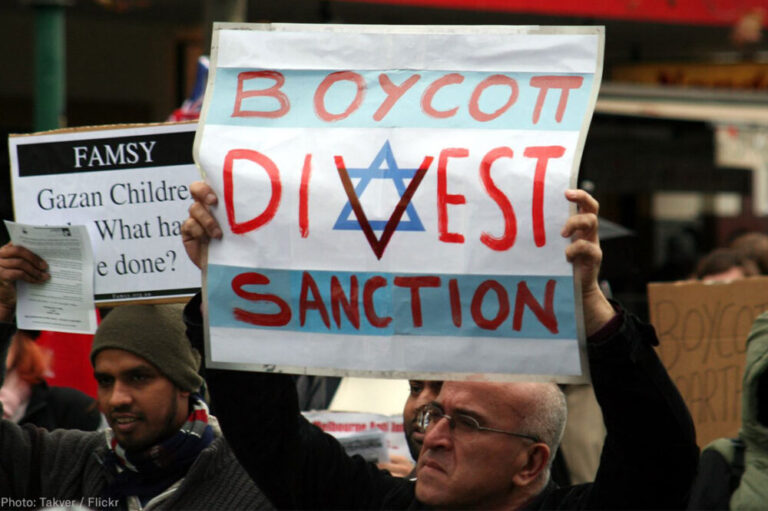Washington, MINA – A global survey found that more than a third of consumers boycotted brands affiliated with Israel, because of their perception of Israel’s aggression towards Gaza, and used their purchasing power to express political views.
The latest Edelman Trust Barometer surveyed 15,000 consumers around the world, including in the UAE, Saudi Arabia, England, United States and India, Middle East Monitor (MEMO) reported Friday.
In Saudi Arabia, 72 percent of respondents avoided brands they believed supported one side of Israel’s war on Gaza. Similarly, 57 percent of respondents in the UAE said they would not buy from a brand that is seen as supporting a party.
US-based companies such as Starbucks, McDonald’s and Coca-Cola face major challenges due to boycotts in the Middle East, although many companies state that they do not support any particular side in Israel’s war on Gaza.
Also Read: Indonesian Language Program Officially Opened at Al-Azhar University
McDonald’s recently reported a decline in sales in the first quarter due to the boycott. This follows an announcement from McDonald’s franchise holder in Israel, Alonial, that it will provide free or discounted meals to members of the Israeli Occupation forces following the start of the war in Gaza.
In response, human rights advocates around the world called for a boycott of the fast food chain, which reportedly caused harm, especially in the Middle East.
In March, Starbucks announced it would lay off thousands of employees in the Middle East due to the impact of boycotts related to Israel’s war in Gaza.
The survey also revealed that geopolitics significantly influences brand choices, with 78 percent of consumers avoiding brands based on their country of origin.
Also Read: IOM: Nearly 89,000 Civilians Displaced from El-Fasher After RSF Takeover
Overall, 60 percent of consumers worldwide choose brands based on their political stance, an increase of 2 percent compared to last year.
The report further highlights that brands’ everyday actions are perceived as political in nature.
Most respondents stated that trust is more important than customer service, reputation and convenience when choosing a brand’s products. (T/RE1/P2)
Mi’raj News Agency (MINA)
Also Read: Boat Carrying 100 Rohingya Migrants Capsizes in Malaysian Waters


































 Mina Indonesia
Mina Indonesia Mina Arabic
Mina Arabic